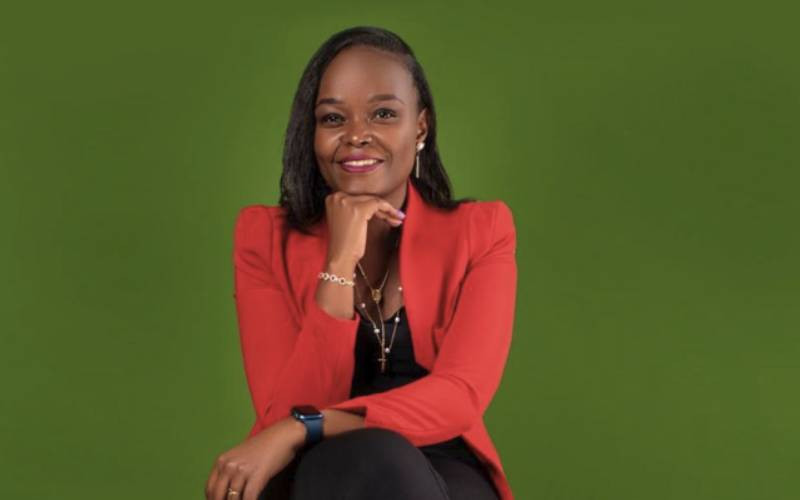×
The Standard e-Paper
Home To Bold Columnists

Maureen Ochang, the President of the Project Management Institute (PMI) Kenya Chapter, embodies a leadership philosophy deeply rooted in mentorship, strategic thinking and a commitment to empowering others.
With more than 14 years of experience in the financial sector, Ochang offers invaluable insights into navigating the complexities of project management.